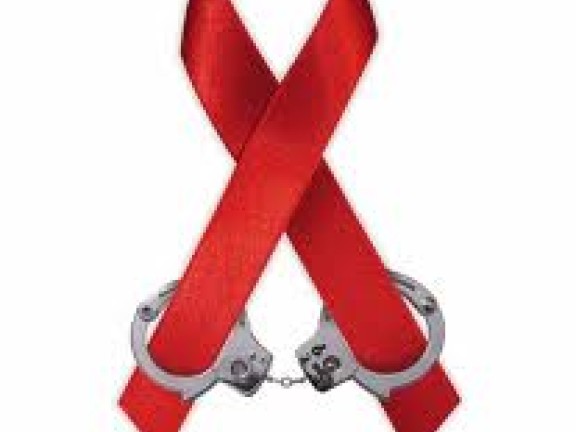HIV Criminalization in Iowa: Rhoades v. Iowa

On October 2, 2013, the Iowa Court of Appeals issued a decision in Rhoades v. Iowa, a case involving Nick Rhoades, a gay man living with HIV who was charged with criminal transmission of HIV based on his HIV status, and evidence of consensual sex that posed little or no risk of transmission to his partner. On his trial lawyers' advice, Mr. Rhoades pled guilty. He was sentenced to 25 years in prison and lifetime registration as a sex offender. The court subsequently reconsidered this sentence, suspended his prison term, and placed Mr. Rhoades on supervised probation for 5 years.
Mr. Rhoades secured new lawyers who filed an application for post-conviction relief arguing that Mr. Rhoades was deprived of effective legal assistance because his trial lawyer counseled him to plead guilty to criminal transmission of HIV when the facts of the case did not support a guilty plea under Iowa Code section 709C.1. The trial court denied this application and his lawyers, including Lambda Legal, appealed. The HIV Law Project, The Center for HIV Law and Policy (CHLP), and the National Alliance of State and Territorial AIDS Directors (NASTAD) supported Mr. Rhoades' application by filing a friend-of-the-court brief that focused on actual transmission risks in this case.
However, the appellate court affirmed the lower court's decision to deny the application for post-conviction relief. The court concluded that Mr. Rhoades' trial lawyer was not ineffective because receptive oral sex with an HIV positive person with very little measurable HIV viral load substantiates a charge of intentional exposure to fluids in a manner than can transmit HIV. This conclusion was based on a very strained interpretation of the Iowa law: even a debatable, near-zero risk of transmission may substantiate a charge of intentional exposure.
The court found that for a person to be guilty of criminal transmission of HIV under Iowa's law, "it must simply be shown that transmission of HIV from the infected person to the exposed person was possible." The court conceded that the risk might well be very low – referencing the point underscored in the friend-of-the-court brief that, in fact, the risk of HIV transmission in this case was "zero or near-zero." But the court effectively concluded that intent to engage in oral sex – even in the absence of ejaculation, without sufficient HIV viral load to pose more than a remote theoretical risk, and with no separate evidence that Mr. Rhoades intended to do harm or even to expose to his sex partner to his semen – is the functional equivalent of intent to expose another to bodily fluids in a manner than can transmit HIV. The court did not address whether the Iowa statute should be read to incorporate a specific intent to harm because, in its view, "the decision to engage in unprotected sex with another person generally evidence's one's intent to expose that person to" HIV. 

The Iowa court buttressed its counter-intuitive interpretation of the statute with reliance on older court decisions' misapprehension and misapplication of established routes and actual risks of HIV transmission. While the court may be bound by legal precedent from higher courts, it is in no way bound by those courts' outdated, clearly incorrect perceptions of how (and how likely) HIV transmission occurs through sexual contact.
This week's decision is marked by the court's failure to consider whether its interpretation – which imposes liability and severe punishment not only in the absence of any intent to harm, but despite evidence of intent to avoid harm while having sex – in any way serves the Iowa legislature intent, in a law entitled "Criminal Transmission of HIV," to prevent the transmission of HIV.
CHLP monitors HIV criminalization across the country, and has produced a chart summarizing many such cases over the last several years: Prosecutions for HIV Exposure in the United States, 2008–2013. Legal advocates representing people living with HIV in a criminal exposure case may find CHLP's Guidance for a Legal Advocate Representing an HIV-Positive Client in a Criminal Exposure Case and Legal Toolkit: Resources for Attorneys Handling HIV-Related Prosecutions helpful. People who may believe they are at risk of arrest, or in fact are facing prosecution on the basis of their HIV status, may find CHLP's HIV Criminalization Palm Card helpful. You may also contact CHLP at [email protected] or 212.430.6733 for more information on getting legal assistance.